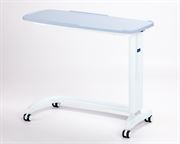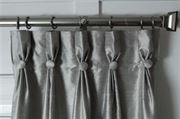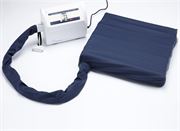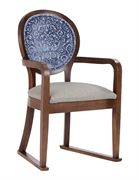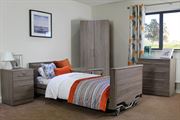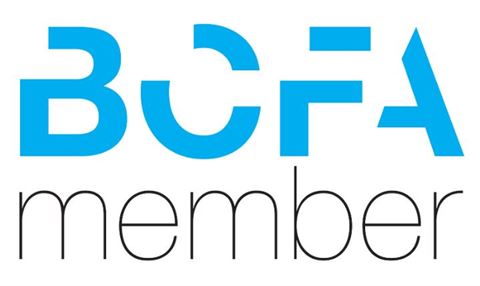Almost every care mattress in use today offers pain relief for pressure sores and ulcers. The nature of sleeping or being bedridden transforms the bed into a high-risk zone for developing ulcers or bed sores. As a result, choosing the right mattress has never been more important, which is why in this blog post, we look at what pressure mattresses are, the different types of pressure mattresses and the benefits they offer.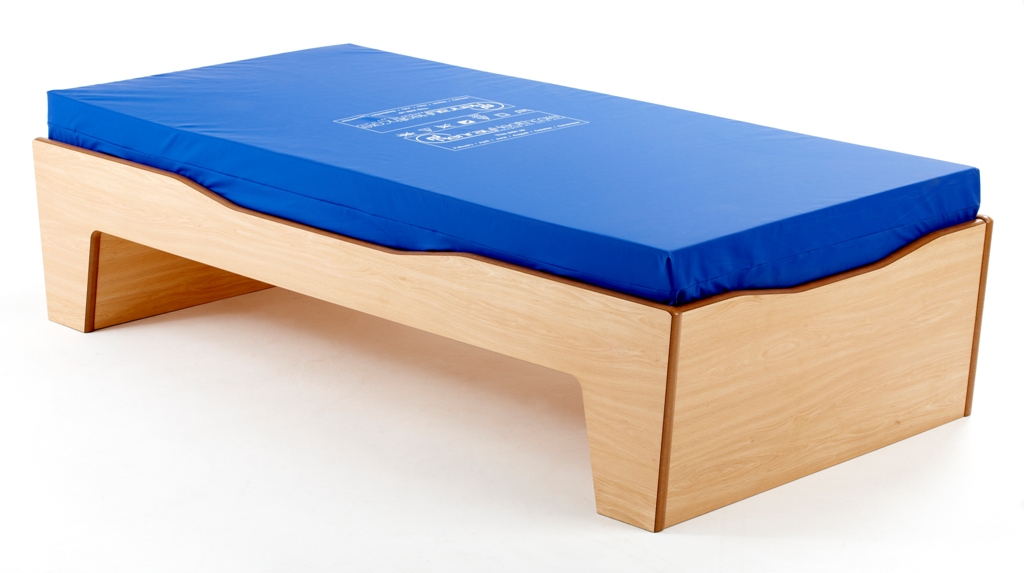
What are pressure mattresses?
Pressure mattresses are generally used within hospitals and care homes to offer patients pain relief against pressure sores, also known as pressure ulcers. There are three types of commonly used pressure mattresses:
Air mattresses, also called alternating or dynamic mattresses, use airflow through individual tubes to redistribute pressure inside the mattress. The cyclical process of pumping air means all areas of the body experience pressure relief as well as movement. This is essential for reducing the risk of pressure ulcers developing.
Foam mattresses, also called static mattresses, use castellated visco-elastic memory foam, the castellation allows for movement without compromising the pressure relief. Foam mattresses have improved dramatically over the years with the standard of foam quality increasing throughout the years meaning they are suitable for patients with up to a very high risk of pressure sores.
A hybrid, or combination, mattresses use a mixture of the above two designs to relieve pressure for patients.
To learn more about the differences between these types of pressure mattresses, view our ‘types of pressure mattresses’ blog post.
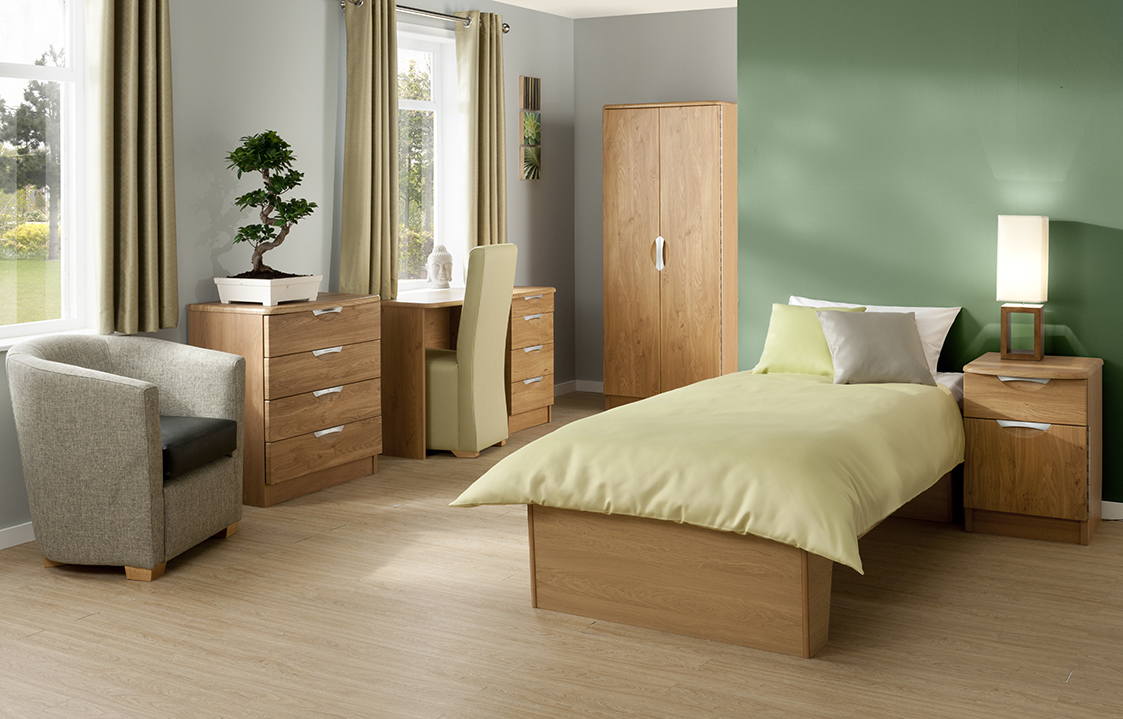
What are pressure sores?
When patients spend a prolonged period in a hospital or a care home, they will quite often have restricted mobility, sometimes unable to move without assistance. As a result, patients can spend most of the day sitting or lying in the same position, which can result in the skin and tissue becoming damaged, causing pressure sores or ulcers.
Different patients will experience different levels of pressure sores which are categorised into four main grades:
- Grade 1 – Reddening of the skin
- Grade 2 – Superficial blister-like wound
- Grade 3 – All layers of skin are damaged along with tissue under the skin
- Grade 4 – Skin and underlying tissue are extensively damaged together with bone, muscle, tendons or joints
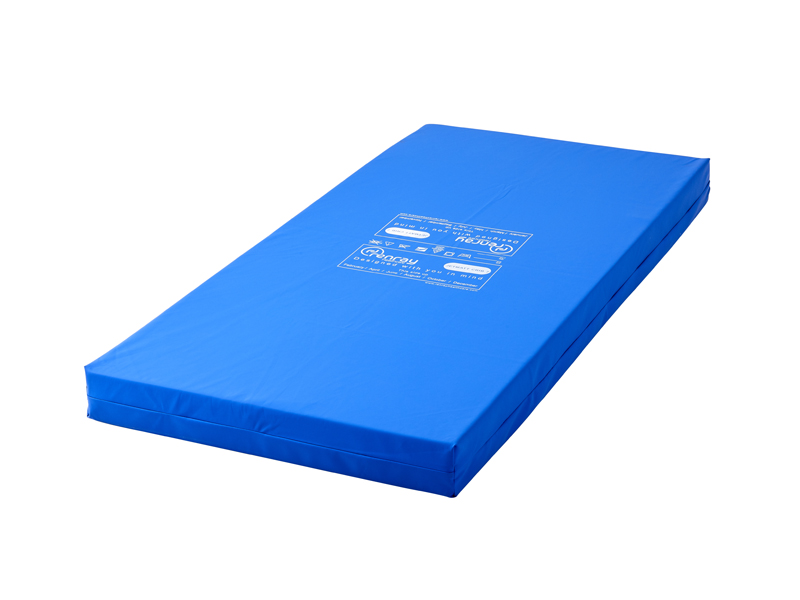
How does a pressure-relieving mattress work?
As you will already be aware, pressure-relieving mattresses are designed to improve the comfort of a patient suffering from pressure sores or ulcers. They provide a high level of support for the body and differ from normal mattresses as they include specifically designed air pockets, which are designed to distribute pressure evenly across the body. These alternating air pockets constantly relieve the pressure all over the body, without the need for a carer or nurse, and improve the quality of sleep for your patient.
Medical beds for bedsores
In addition to your pressure mattress, it is recommended to also invest in adjustable medical beds for your patient.
Care home beds are key to helping prevent bed sores by allowing the patient to turn over as easily as possible or alternatively for their caregiver to help. This relieves the constant pressure on the vulnerable parts of the body. Our health experts recommend that anyone bedridden should adjust their posture and position every couple of hours to allow the body to recover while bedridden. The act of repositioning is much more achievable when using an electric or adjustable bed. Combined with a pressure-relieving mattress and recommended acts of movement, you are giving the patient the best chance of preventing sores.
Renray Healthcare has the solution for you!
Pressure mattresses are a pivotal piece of furniture when providing care for an individual who suffers from bed sores. Understanding how pressure mattresses work and which solution suits you best can be a difficult task, which is why Renray Healthcare is here to help.
For more information about the different pressure mattresses that we manufacture at Renray Healthcare please call us on 01606 593 456 or email us at info@renrayhealthcare.com.





